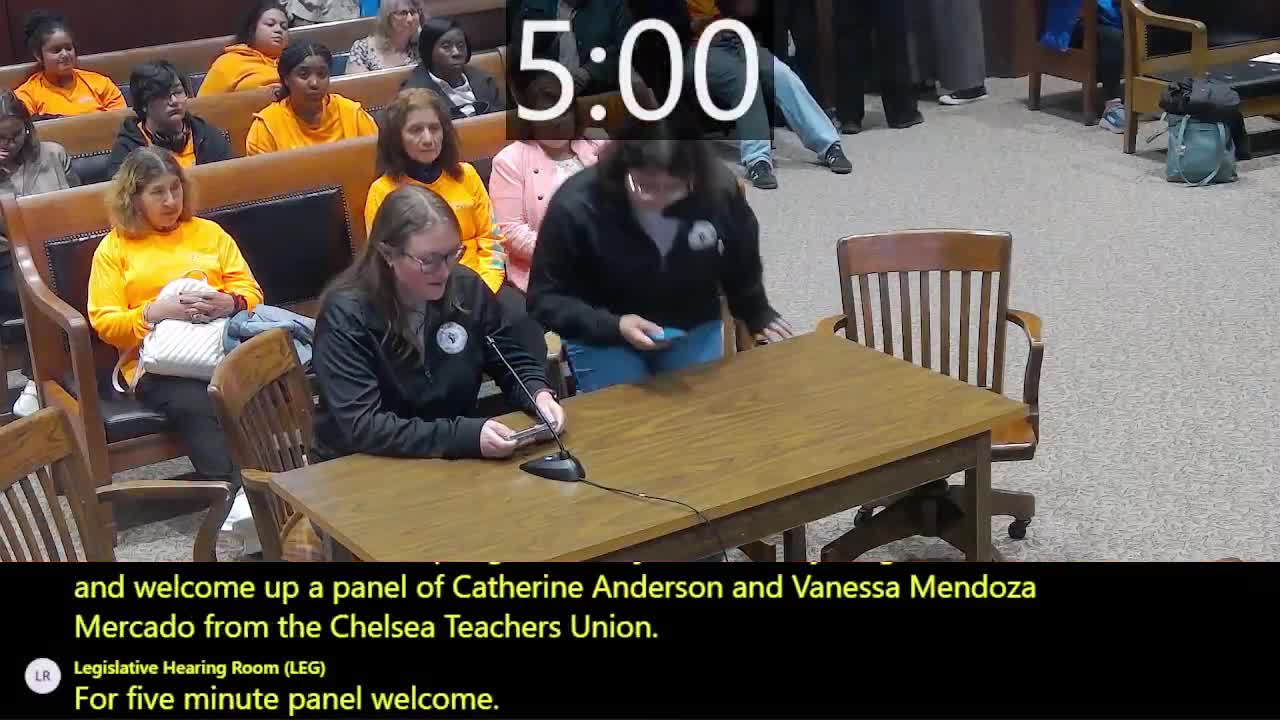Article not found
This article is no longer available. But don't worry—we've gathered other articles that discuss the same topic.
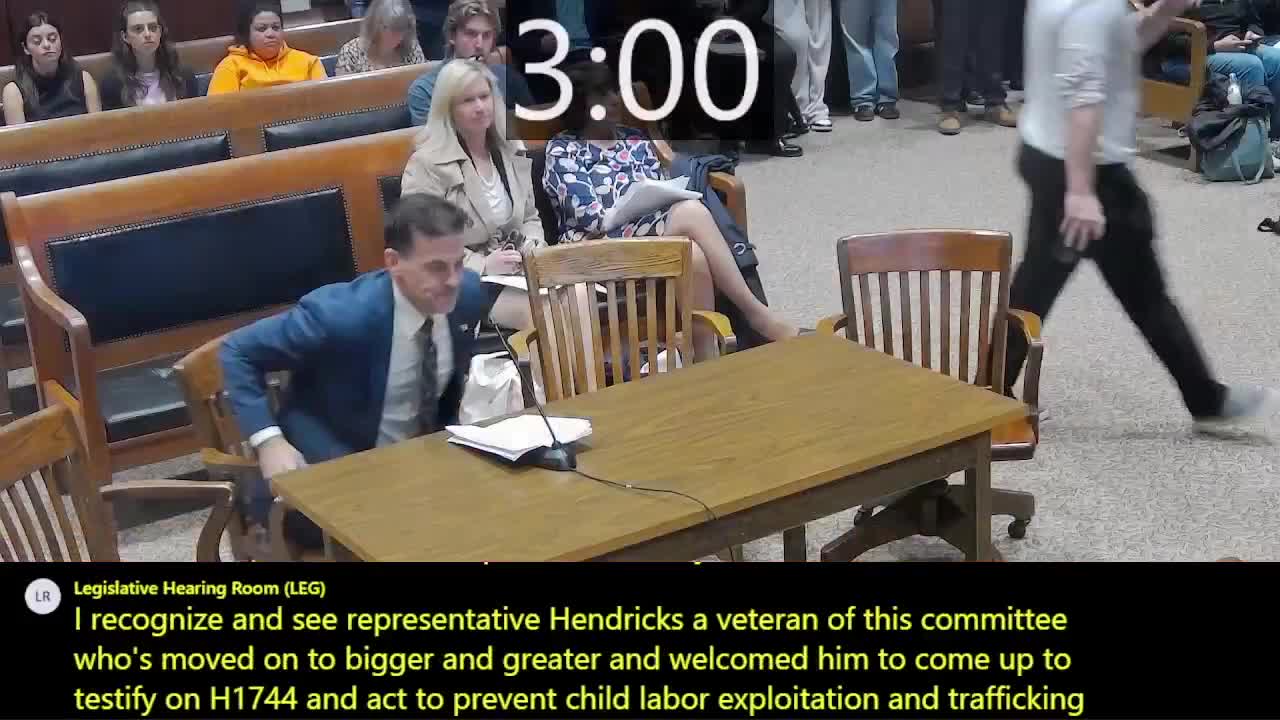
Lawmakers hear bill to bar minors from seafood processing after federal investigation found underage workers
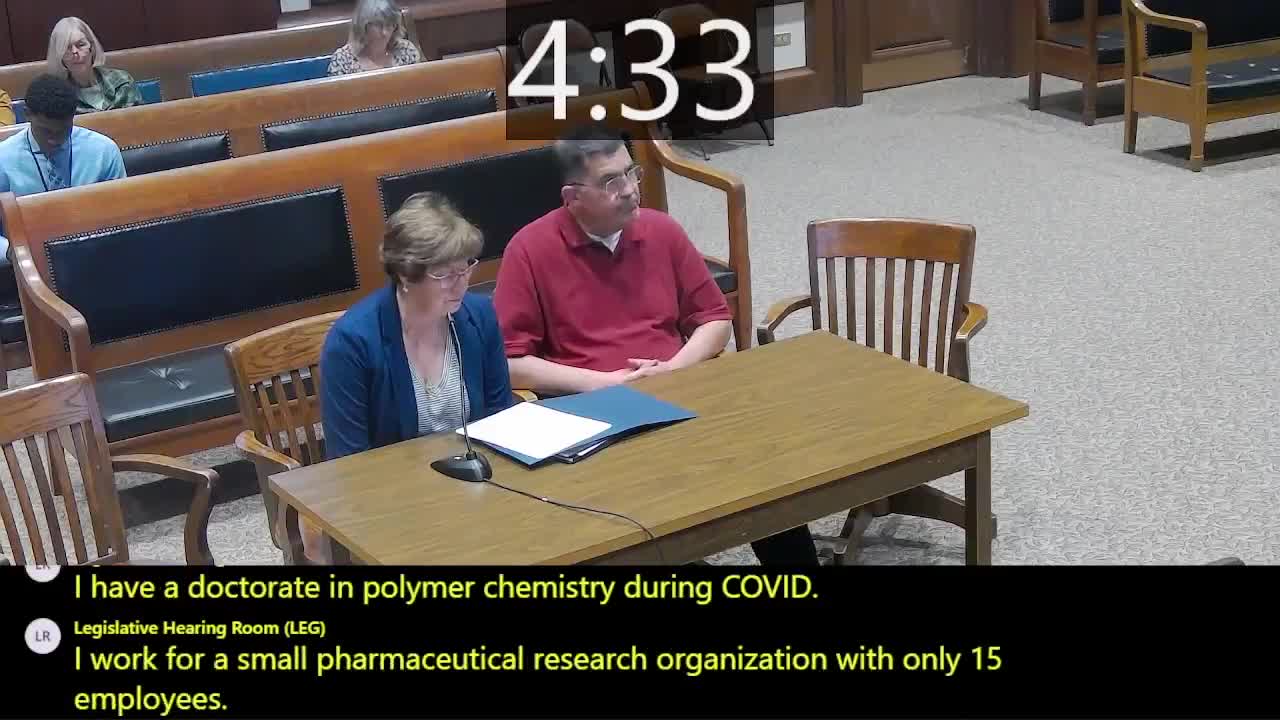
Hundreds testify in support of bills to protect bodily autonomy after COVID-era mandates
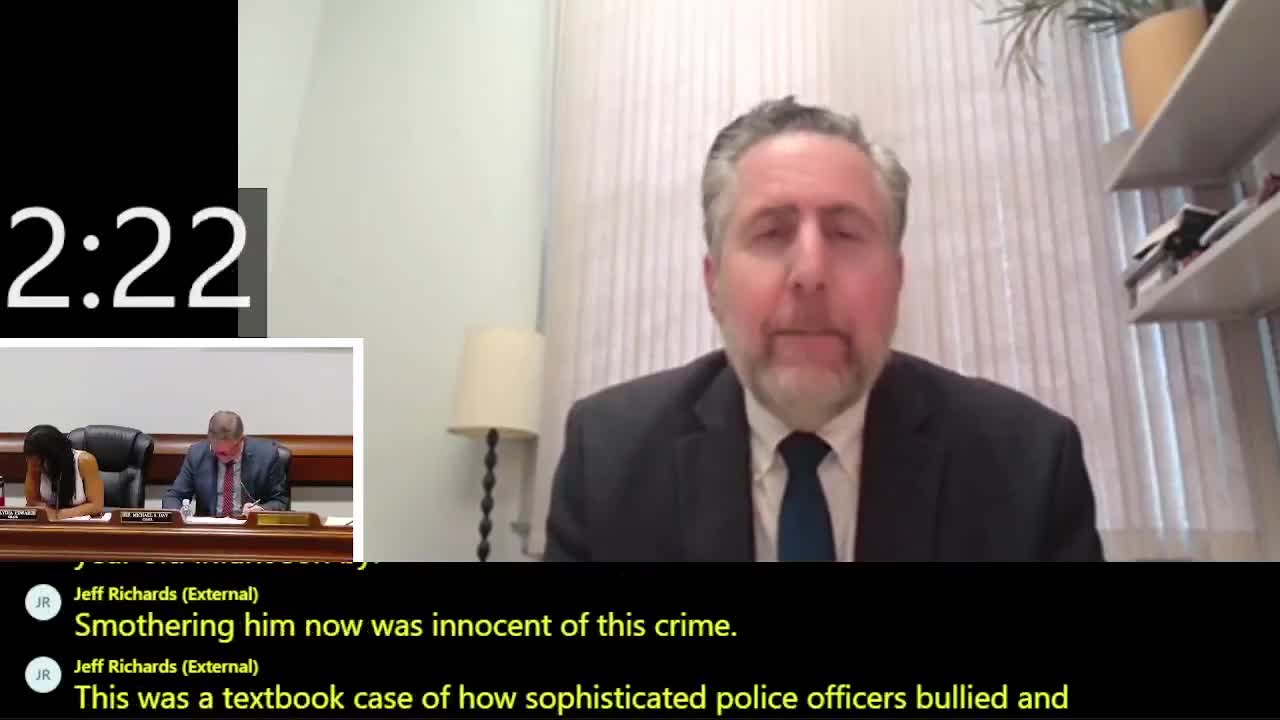
Proposals to ban deceptive interrogation tactics and require recordings draw broad support
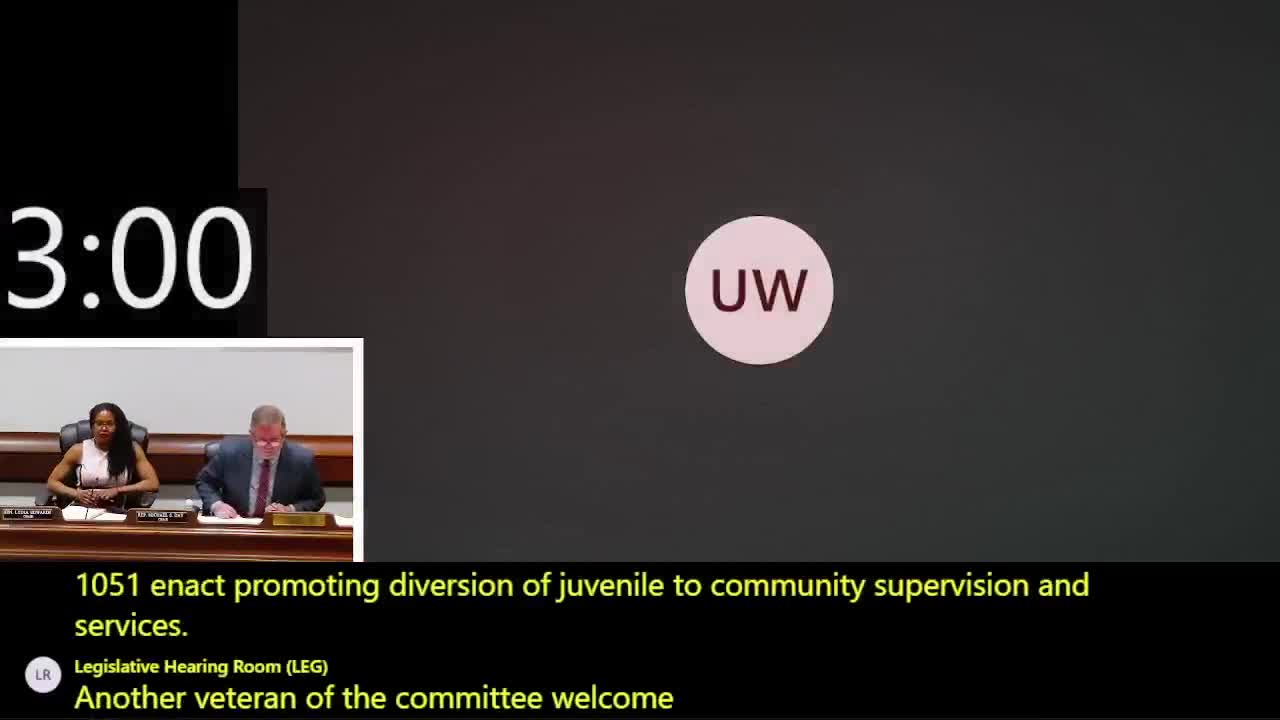
Advocates tell judiciary committee to expand juvenile diversion and judge discretion
